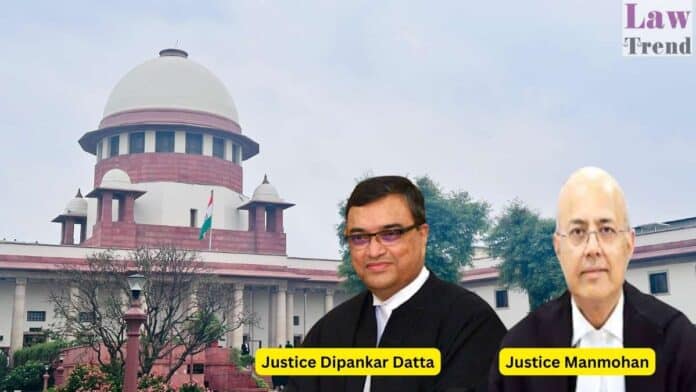The Supreme Court of India has ruled that the mere pendency of civil proceedings cannot be a ground to quash a criminal complaint involving allegations of fraud and misrepresentation. The Court set aside a Delhi High Court order that had quashed FIR No. 94/2022 registered against Vikramjit Singh and Maheep Singh, and revived the investigation
To Read More Please Subscribe to VIP Membership for Unlimited Access to All the Articles, Download Available Copies of Judgments/Order, Acess to Central/State Bare Acts, Advertisement Free Content, Access to More than 4000 Legal Drafts( Readymade Editable Formats of Suits, Petitions, Writs, Legal Notices, Divorce Petitions, 138 Notices, Bail Applications etc.) in Hindi and English.




